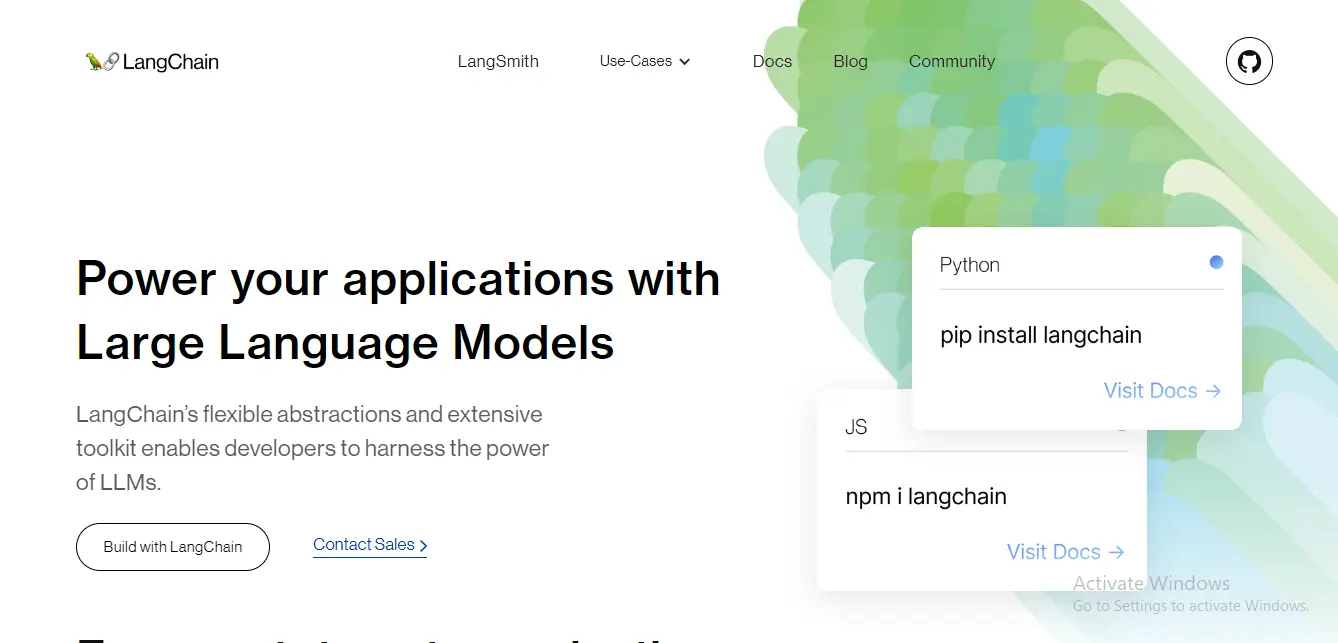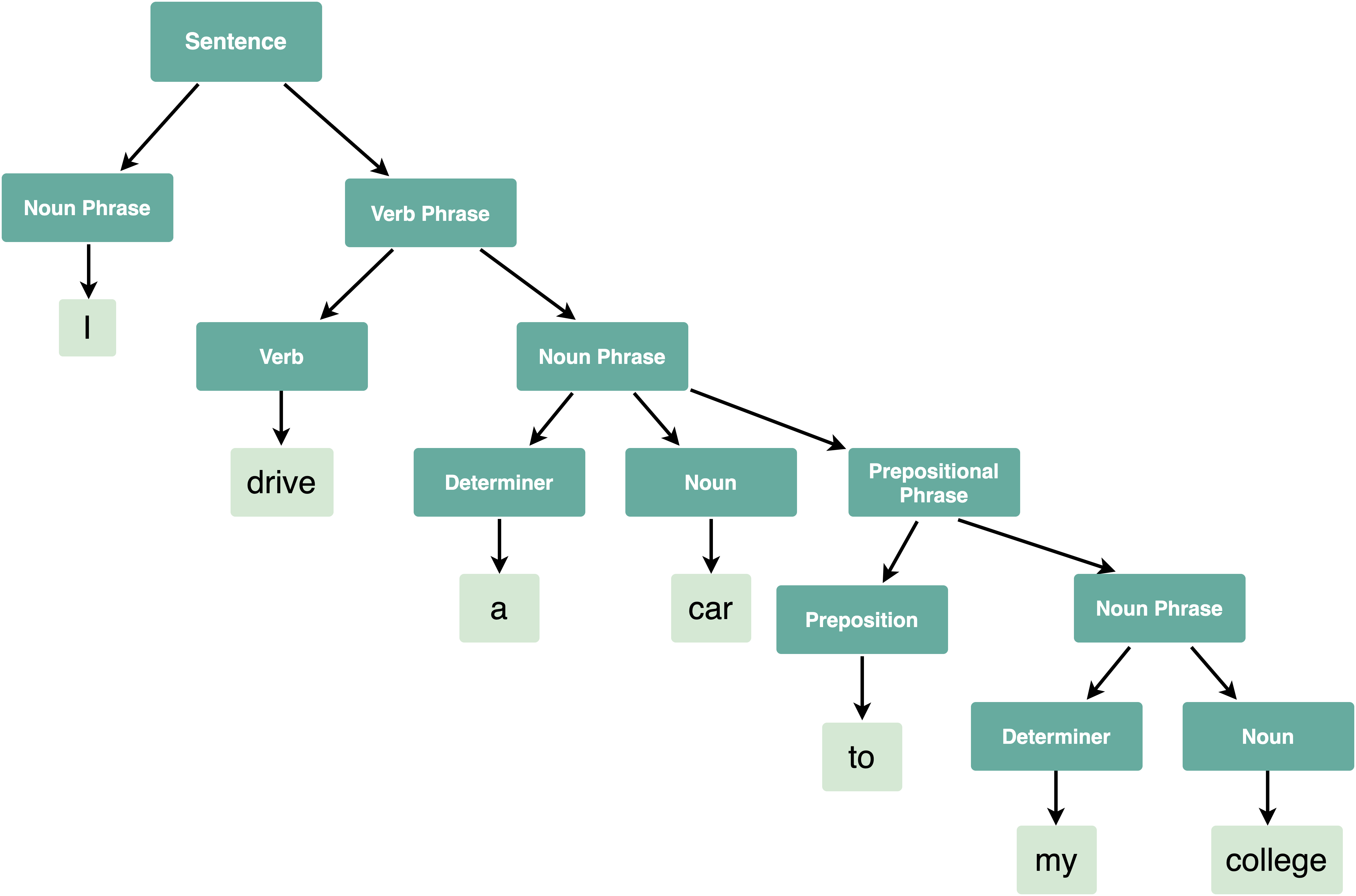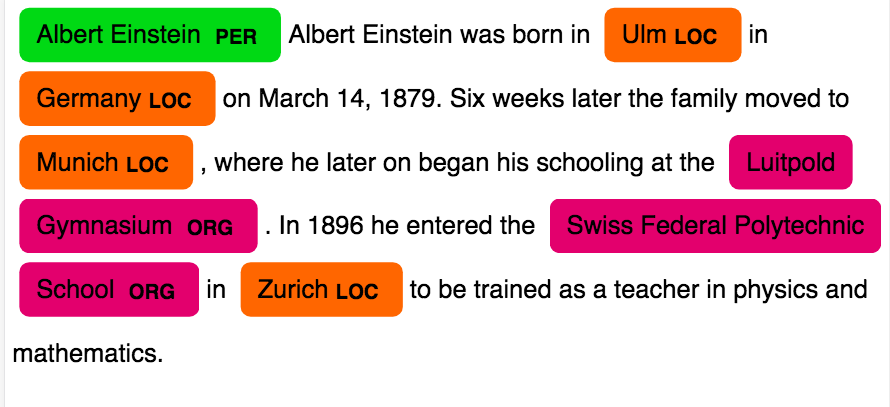Feel intimidated by language software? Overwhelmed by jargon and complex functions? Don't know where to start?
Meet Langchain — your journey towards simplicity starts here.
Langchain Language Processing addresses your struggles. It checks your text meticulously. Finds mistakes. Corrects them.
You get clean and clear text.
Less fear. More comfort.
Now, you might be wondering - what is language processing? It's a way to help computers understand and manage human language. Langchain takes this a step further. It's not just a language processor, it's a Natural Language Processing (NLP) tool. This means it's designed to understand, analyze, and create human language in a valuable way.
Langchain is not just about understanding language, but also about performing language analysis.
It digs into the structure and meaning of language. It helps us extract vital insights from large chunks of text. This is Langchain’s core ability.
In this guide, you'll learn how Langchain is used for language processing. We aim to make using Langchain easy for you. Ready? Let's get started.
Prerequisites for Using Langchain
Before we jump into Langchain, let’s cover some basics. You'll need some basic knowledge of language processing. Don't worry. It's simple.
Think of it as telling your computer to understand human speech. You're the teacher, and your computer is the student. Simple, right? Langchain is your teaching aid, helping the computer understand and analyze language better.
Next, make sure your computer meets Langchain's requirements. It's not like installing a game or an app. Langchain is a bit special. You need a functional computer with a good internet connection. The latest operating systems, like Windows 10 or the newer Mac OS, work best.
Now, what about software? You need something to read Langchain's language. Most of the time, your computer already has it. It's called a 'JavaScript Engine'. If not, you can always get it online. Google 'JavaScript Engine install', and you're good to go.
In summary, to use Langchain, you'll need the following:
- A good understanding of language processing
- A computer that can handle tasks efficiently
- Necessary software, including the JavaScript Engine
With these boxes ticked, Langchain Language Processing becomes a lot smoother. You're ready to be a language pro with Langchain NLP! Let’s tackle the next stage of Langchain Language Analysis.
Getting Started with Langchain
Ready to try Langchain? Great! Let's help you get started. It's super easy. Follow these steps:
Step 1
Install Langchain
To use Langchain, you simply have to visit Langchain's website. It’s an online tool. This means no downloads or installations. Just go to the website and begin with Langchain Language Processing.

Step 2
Set up Langchain Environment
Before you jump into Langchain NLP, you need to set up your workspace. It's like preparing your desk before you study. Just follow these steps:
- Open Langchain's website.
- Create an account or log in if you already have one.
- After logging in, you'll see your workspace. Get familiar with it.
That's it! Your Langchain environment is ready. It's time to unlock the amazing world of Langchain Language Analysis.
With Langchain set up, it's like having superpowers for language processing. In the next section, you'll learn about Langchain's features and how they help you become a language master. You're one step closer to mastering Langchain Language Processing.
Understanding Langchain Features
Langchain offers a plethora of features designed to make text processing a breeze. In this section, we'll discuss each feature in detail, giving you a comprehensive understanding of how Langchain can help you navigate and understand text like never before.
Feature 1: Syntax Processing
The first feature is syntax processing. What's syntax? It's the arrangement of words. Langchain can read this arrangement. Why is it useful? Let's say, you have a long text. Breaking it into parts makes it easier to understand. That's what syntax processing in Langchain does.

Feature 2: Text Classification
The second feature is text classification. Think of it as arranging books on a bookshelf by their genre. Langchain does the same with text. It categorizes the text based on content. This helps in making sense of a lot of information quickly.
Feature 3: Entity Recognition
The third feature is entity recognition. What's an entity? Things like names, places, or dates. Langchain can spot these in your text. It's like having an assistant who finds important names or dates in an article.
Each feature plays a crucial role in Langchain Language Analysis. They're like cooks, each with a role, making a beautiful language 'dish' with Langchain's Language Processing. Don’t worry if this sounds like a lot. The next section will help you navigate Langchain's NLP features. Let's move forward.

Walking Through Langchain's Interface
Langchain is like a well-organized toolbox. Each tool has its place. Let's understand the layout.
When you log into Langchain, you see your workspace. This is where the magic happens. Your text goes in, and valuable insights come out. Now, let's look at the different parts of the workspace:
Part 1: Navigation Bar
At the top, you'll see the navigation bar. It has buttons like 'Home', 'Features', and 'Support'. Clicking any of these takes you to different parts of the Langchain site.
Part 2: Workspace Area
The larger part of your screen is the workspace area. This is where you work with text. Paste your text, select the feature you want to use, and let Langchain do its job.
Part 3: Results Panel
After Langchain does the Langchain Language Processing, where do the results show? In the results panel. This is found on the right side of your workspace. Once the processing is done, the results light up here.
That's it! Those are the main parts of the Langchain interface. Easy, right? Now, you are ready to use Langchain NLP. You are one step closer to diving into the world of Langchain Language Analysis. Ready to move to the next part? Let's go!
Step-by-Step Guide for Using Langchain
You've made it this far. Great job! Now, let's do some Langchain Language Processing. Here are the steps:
Step 1
Importing Text
This is your first step. You just paste your text into the workspace area. It could be an email, an article, or anything written.
Step 2
Select Your Processing Method
Remember the features we talked about? Syntax processing, text classification, and entity recognition? Here is where you choose what you want to do. Just click on the feature you want to use.
Step 3
Interpreting the Results
After Langchain finishes processing, check the results panel. The results are there! Not sure what they mean? Don't worry! Everything is explained in simple language.
Step 4
Exporting Your Results
Want to save the results? Easy! There's an 'Export' button in the results panel. Click on it, and your results are saved. You can use them anytime.
That's it! You've used Langchain NLP. You're now an expert in Langchain Language Analysis. But things don't always go as planned. That’s okay! Let's look at troubleshooting next, just in case you need a bit of help.
Troubleshooting Langchain Issues
Facing some problems with Langchain? No worries. Let's look at common issues and their solutions.
Issue 1: Bad Results
Sometimes, the results may not be perfect. The culprit could be bad text formatting. Make sure your text is clean and easy to read. Edit your text and try again.
Issue 2: Slow Processing
Is Langchain taking too long? Check your internet connection. A slow connection can make things sluggish. Also, try closing other programs. This may free up resources for faster Langchain Language Processing.
Issue 3: Error Messages
Seeing error messages? Don't panic. A quick fix could be refreshing your page. If that doesn't work, contact Langchain support. They’ll help you out in no time.
Remember, it's normal to face occasional issues. With Langchain NLP, you're never alone. The support team is always ready to guide you through Langchain Language Analysis problems. You've got this! Keep exploring and mastering Langchain Language Processing.
Get More from Langchain
You've started your journey with Langchain, but how do you truly master it? The key is to understand its features, experiment, and engage regularly. The more time you spend with Langchain, the more fluent you become. In this section, we'll unlock some strategies to help you maximize your Langchain experience and become proficient.
Action 1: Experiment
Try different types of text. Try using all the features. This will show you what Langchain can truly do. More practice means better results.
Action 2: Explore Tutorials
Langchain has many tutorials. They guide you on using features. Watch them to learn and grow.
Action 3: Connect with Others
Join Langchain's community. Here, you can share your experiences. You can also learn from others. It's a great way to improve your Langchain NLP skills.
Action 4: Keep Asking
If you're stuck, ask for help. Langchain's support team is there for you. They'll assist you with any Langchain Language Processing issues.
Remember, every day brings a new chance to learn. Keep exploring. And soon, you'll be a pro at Langchain Language Analysis! That's it for the guide. You're ready to rock Langchain! Good luck!
Utilizing Langchain for Specific Language Tasks
Designed to be versatile and innovative, Langchain effortlessly juggles multiple language-related tasks. Whether you are organizing research material or deciphering the sentiment behind a piece of text, Langchain has got you covered.
In this section, we outline some of Langchain's key functionalities tailored to address specific language tasks.
Task 1: Research
Are you doing research? Need to break down a bulk of documents? Langchain can help. Just feed in the documents. Use text classification feature. Langchain will categorize the information. It makes research less of a chore.
Task 2: Grammar Check
Got a document full of grammar issues? Langchain can fix that. Use the syntax processing feature. It scans your text for grammar errors. Now, your document is as good as new.
Task 3: Information Extraction
Need to find certain names or dates in a document? Langchain can do that. Use the entity recognition feature. It locates names, places, dates, and numbers. Information extraction made easy.
Task 4: Sentiment Analysis
Want to know the sentiment of a text? Langchain to the rescue! It reads the text. It figures out if it's happy, sad, angry, or neutral. It’s a super handy feature.
That sums up some tasks Langchain excels in. Remember, the more you use Langchain, the more effective it becomes. Unleash the power of Langchain Language Processing. Make the most of Langchain NLP. Master the tech behind Langchain Language Analysis. Happy Langchain-ing!
Personalising Langchain for Your Needs
Langchain is not just user-friendly, but it's also highly customizable. How about tailoring it to meet your unique needs? The following steps elucidate how you can successfully personalize Langchain to align with your preferences, efficiency, and comfort.
Step 1
Adjust Settings
Langchain allows you to tweak its settings. You can set your preferred language. You can choose your document style. Langchain adapts to you.
Step 2
Create Shortcuts
You can create shortcuts in Langchain. Think of a task you do often. Create a shortcut for it. It will save you time.
Step 3
Add Features
Langchain can grow with you. Found extra features you need? You can add them to your Langchain. This way, it meets all your needs.
Step 4
Customize Appearance
Langchain lets you change its look. You can choose themes. Make it comfortable for your eyes.
Remember, Langchain is for you. Personalize it. Make it your own. Let Langchain Language Processing be your tool. Let Langchain NLP work the way you want. All this makes Langchain Language Analysis a joy. Let's personalize Langchain now!
Integrating Langchain with Other Tools
Langchain isn't just a standalone tool. It is designed to foster interoperability and seamlessly blend with a suite of other applications. From document editors to collaboration tools, Langchain can become an intrinsic part of your workflow. Let's find out how:
Tool 1: Document Editors
You write in a document editor. Langchain can be part of that. Just add Langchain. It helps with grammar and style. You write better.
Tool 2: Email Clients
You send lots of emails. Langchain makes this better. Add Langchain to your email client. It checks your emails. No more mistakes.
Tool 3: Collaboration Tools
You work with teams. Add Langchain to your team tools. It makes team communication clear. Work gets better.
Remember, Langchain is not alone. Add it to your tools. Watch Langchain Language Processing to improve your work. Integrating Langchain NLP can make greatness. Add the power of Langchain Language Analysis to your tools. You'll never work alone!
Conclusion
Langchain is a powerful tool. With it, you can analyze text like never before. Just remember these points:
- Getting Started
Start by setting up your Langchain Environment. The process is quick and simple.
- Understand the Features
Langchain has key features. Learn about syntax processing, text classification, and entity recognition.
- Navigate the Interface
Learning the layout makes Langchain smoother to use. Get to know the navigation bar, workspace area, and results panel.
- Use Langchain
Do your own Langchain Language Processing. You simply import, select, interpret results, and export.
- Troubleshoot
Don't worry about issues. There are easy fixes. If you need help, the support team is ready.
- Learn More
Enhance your skills. Experiment, use tutorials, join the community, and ask questions.
That's it! You're ready to use Langchain NLP. Explore Langchain Language Analysis. Enjoy the journey. See you on the other side!
Frequently Asked Questions (FAQs)
What is Langchain Language Processing?
Langchain Language Processing is a software. It helps analyze and understand text. It's your text assistant.
How does Langchain NLP work?
Langchain NLP uses smart tech. It reads your text. It finds patterns. It can fix errors. It sorts your text. It can find names, places and dates.
How to use Langchain Language Analysis?
Using Langchain is easy. You import your text. Choose what you want Langchain to find. It gives you the results. You save or export these results.
Can Langchain work with other software?
Yes, Langchain can work with others. You can add Langchain to your document editor, email, or team tool.
Is Langchain customizable for my needs?
Absolutely! You can personalize Langchain. Adjust its settings. Add features. Change how it looks. Even create shortcuts. Langchain is your tool. Make it your own!

